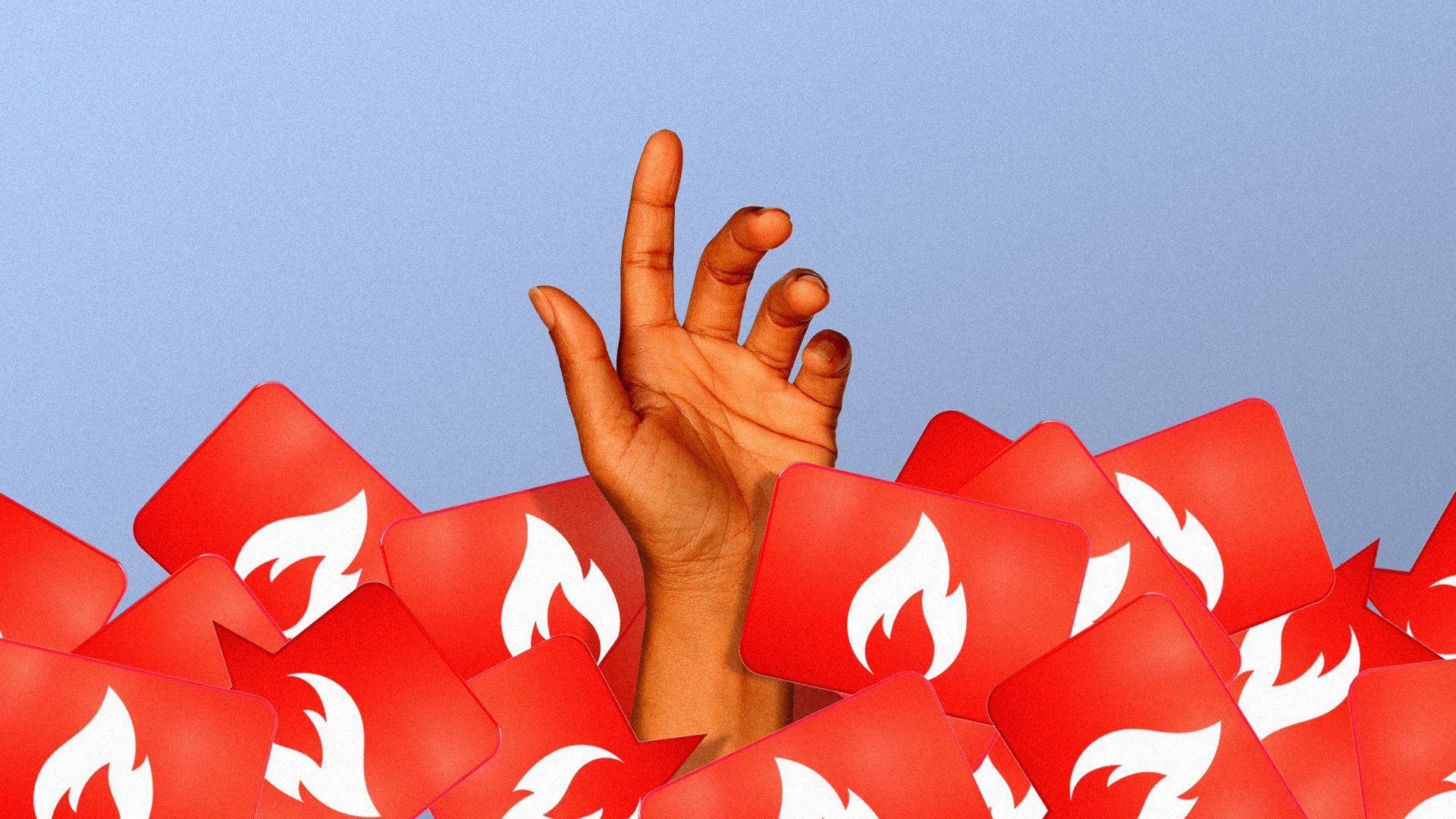Pushback grows over mental health impacts of social media

Illustration: Sarah Grillo/Axios
Social media companies are progressively becoming blamed for traditionally substantial costs of depression, suicidality and other psychological well being issues in youths. And now, states and local governments are significantly pursuing legislation and legal action.
Driving the information: Utah just passed a legislation limiting social media for minors and faculty districts in Seattle and San Mateo County, California, are suing major platforms, charging they are delivering destructive information to youngsters.
“Many juries are in. They’re all reaching the exact conclusion,” Jonathan Haidt, a social psychologist at New York University Stern School of Organization advised the Money Periods. “When social media or superior-velocity world-wide-web came in, [studies] all find the very same tale which is psychological wellness plummets, specifically for women.”
The big image: There are approximately 150 merchandise legal responsibility lawsuits filed in the U.S. towards the social media platforms Facebook, Instagram, TikTok, Snapchat and YouTube, per the Financial Situations.
- A developing number of school districts and municipalities are among people submitting suit, Axios’ Jennifer A. Kingson claimed.
- Between them, the San Mateo County College Board previous week expanded an current accommodate against social media firms to incorporate Meta, the father or mother enterprise of Facebook and Instagram, Bloomberg noted. Bucks County, Pennsylvania, submitted its personal lawsuit in mid-March, trying to get economic damages for mounting mental overall health costs for young men and women, the Philadelphia Inquirer writes.
- Arkansas and Texas are also eyeing laws like Utah’s restricting social media use. California earlier handed a law necessitating on-line solutions to set up specific safeguards for users underneath 18, the New York Instances documented.
- Members of Congress have promised more regulation of social media corporations, and previous month, Rep. Chris Stewart (R-Utah) introduced a bill to ban social media use for young ones more youthful than 16.
A lot of of the satisfies are built all around worry about the way platforms feed qualified material to hold children on the internet extended, fueling adverse self-image, exposing them to self-hurt information and enabling bullying.
Indeed, but: Oftentimes, worries around the harms of social media look made to create headlines, Wired writes, and might obscure other variables bothering little ones, such as the position of the pandemic and the bitterly partisan countrywide political discussion.
- “Chatting about the harms platforms can have on children often feels much less like real worry and extra like an try to seize consideration by concentrating on some of the most salient fears for American moms and dads,” per Wired’s Vittoria Elliott.
- Civil liberties and tech advocates have lifted an alarm that important privateness issues could be tossed aside amid attempts to have to have identification and age verification as portion of new constraints, both of those The Guardian and Vox described.
- And some study has uncovered that some use of social media benefits teens’ social connections, NPR reviews.
What we’re viewing: How social media organizations will find to deflect some of the warmth by adopting more controls or restrictions on youths’ time on-line — and irrespective of whether we are going to be capable to measure how much any one work to control their use will impact stress and anxiety, depression and feelings of self-damage in youngsters.
If you or anyone you know wants assist now, connect with or text 988 or chat with a person at 988lifeline.org. En Español.
